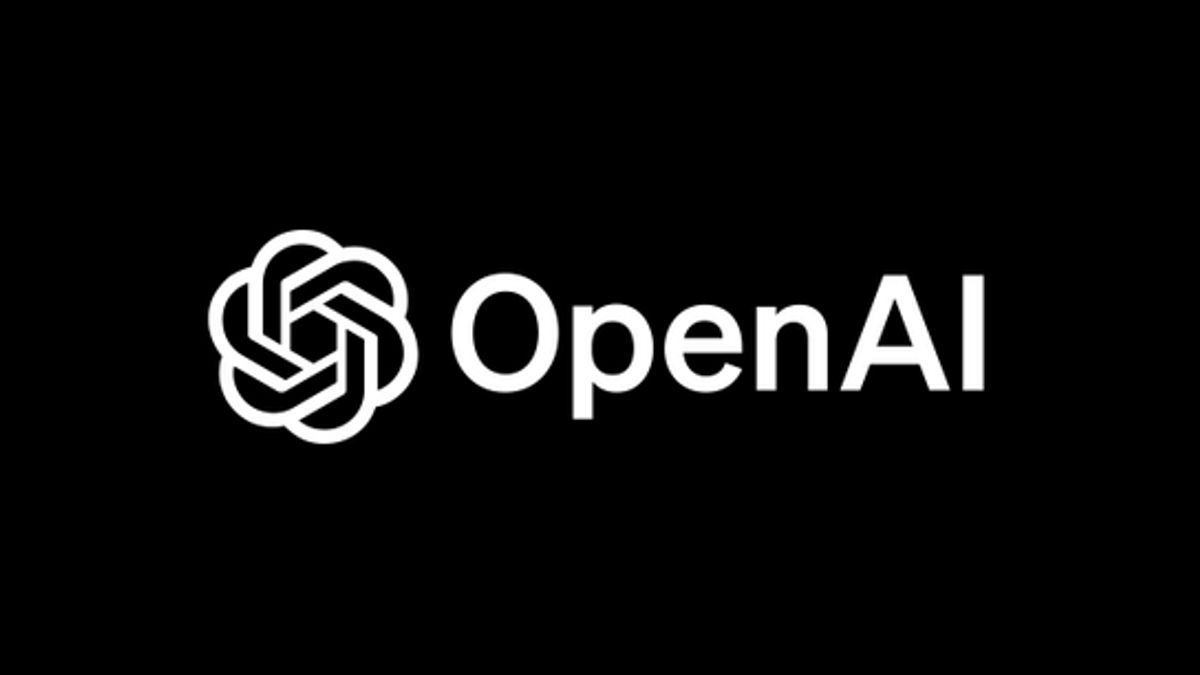JAKARTA - In a blog post on January 8, OpenAI responded to a lawsuit filed by The New York Times (NYT). The artificial intelligence company stated that the lawsuit was "baseless" and included its collaborative efforts with various news organizations.
According to the blog post, OpenAI is in discussions with NYT which appears to be "constructive."
"Their lawsuit on December 27, which we know from reading The New York Times, came as a surprise and disappointment for us," OpenAI wrote.
NYT's lawsuit against OpenAI and Microsoft alleges the illegal use of its content to train artificial intelligence chatbots (AI). OpenAI's refusal is not in line with NYT's claims and states that this is the time to "clarify our business, our intentions, and how we develop technology."
OpenAI lists four claims as the basis of its argument, the first is that they are actively working with news organizations and creating new opportunities for news.
They also said that their training was "fair use" but gave an "option out" because it was "the right thing to do." In addition, AI developers claim that content "regurgitation" is a "refinedbug" that is being fixed, and finally, that NYT does not provide a "complete story."
OpenAI mentions various partnerships in the media industry that have been developed, such as the latest integration with German media giant Axel Springer to tackle AI's "halusination".
News/Media Alliance is also cited as an organization working with OpenAI to "explor opportunities, discuss their concerns, and provide solutions."
However, this comes after News/Media Alliance published a 77-page paper on October 30, which accompanies submissions to the United States Copyright Office stating that AI models have been trained with data sets that use content much more than news publishers than other sources.
OpenAI also highlighted the "exit process" that has been implemented for publishers, which prevents their tools from accessing publishers' websites that use it. They showed that The New York Times adopted it in August 2023.
SEE ALSO:
A key argument in the case of NYT against OpenAI and Microsoft is that the website "www.nytimes.com" is the most represented source, following only Wikipedia and the US patent document database. NYT also claims to have contacted OpenAI and Microsoft in April 2023 to raise concerns over intellectual property and "explor the possibility of a peaceful settlement" without any results.
Despite OpenAI's refusal, lawyers refer to the NYT case as "the best case ever" which alleges that artificial intelligence has committed copyright infringement.
OpenAI says that any abuse claimed by NYT is not a typical or permitted user activity, and the content is not "a replacement for The New York Times."
"Apart from that, we continue to make our system more resistant to counter attacks to re-emit training data, and have made a lot of progress in our latest model." "We consider the New York Times lawsuit to have no basis," the post wrote, "However, we look forward to a constructive partnership with The New York Times and respecting its long history..."
The English, Chinese, Japanese, Arabic, and French versions are automatically generated by the AI. So there may still be inaccuracies in translating, please always see Indonesian as our main language. (system supported by DigitalSiber.id)


















